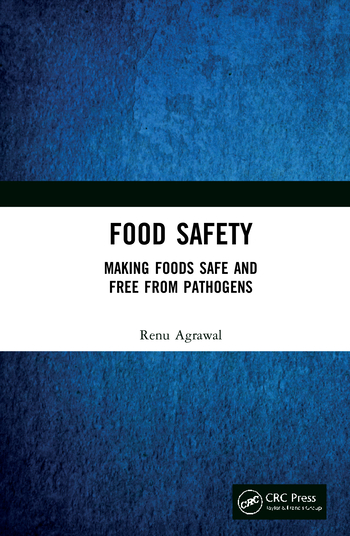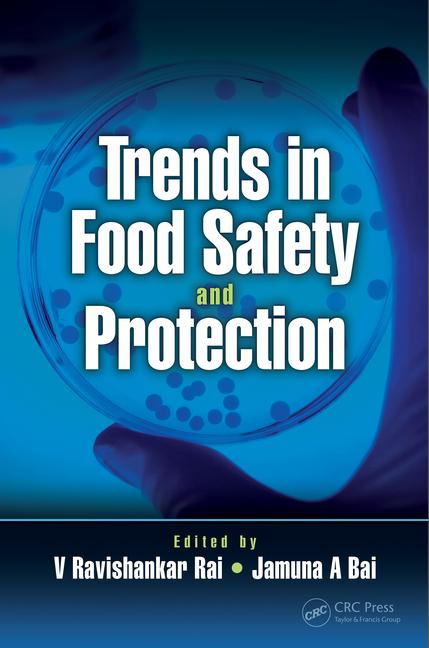New Campden BRI Report Analyzes International Approaches to Novel Foods

On April 20, 2021, Campden BRI released a report entitled "Comparing international approaches to food safety regulation of GM and Novel Foods."
In the EU, a "novel food" is considered to be any food or substance that hasn't been used for human consumption to a significant degree within the EU before May 15, 1997. These food or substances require approval before being placed on the market, although not all require a risk assessment. The Novel Food legislation specifically excludes foods with technological function such as food additives and genetically modified organisms (GMOs).
The Food Standards Agency commissioned Campden BRI to conduct an assessment of how the regulation of novel food and GMOs in non-EU countries differs from the current requirements in the UK. The report also identified what systems are in place to regulate international trade in such commodities.
Campden BRI considered the situation of the UK prior to January 1, 2021, when the UK still acted as an EU Member State. Countries studied for their novel foods review included Australia, Canada, Japan, and the U.S. For GMOs, Argentina, Australia, Brazil, Canada, and the U.S. were studied.
The report also looked at how non-EU countries with different regulatory systems are able to protect public health and trust while facilitating trade agreements and building upon the basic minimum food safety measures recognized by the World Trade Organization and Codex Alimentarius. The overall purpose of the research was to identify different regulatory approaches and processes deployed by non-EU countries and to assess how those differences in regulation affect trade.
The report found that in Japan and the U.S., novel foods or food ingredients are not really addressed in legislation. In contrast, Australia and Canada have a regulatory regimen but significant differences when it comes to the definitions—that is, what falls under the novel food legislation and the authorization procedures. In both markets, approval is required before such food is placed on the market.
The second part of the report analyzed how different non-EU countries regulate and authorize GMOs compared to the EU. Argentina, Australia, Brazil, Canada, and the U.S. were deemed to best represent the key differences in regulatory approaches to GMOs.
Click here to read the full report.
Looking for a reprint of this article?
From high-res PDFs to custom plaques, order your copy today!








.webp?t=1721343192)